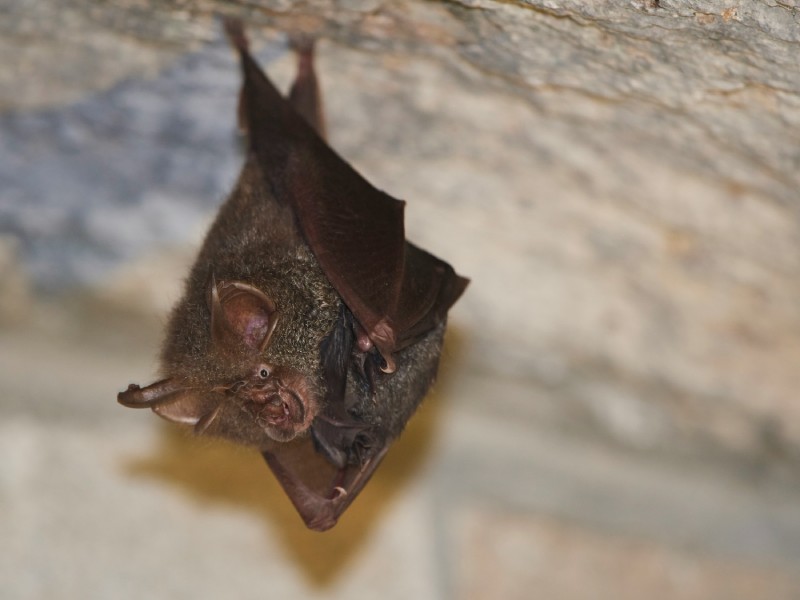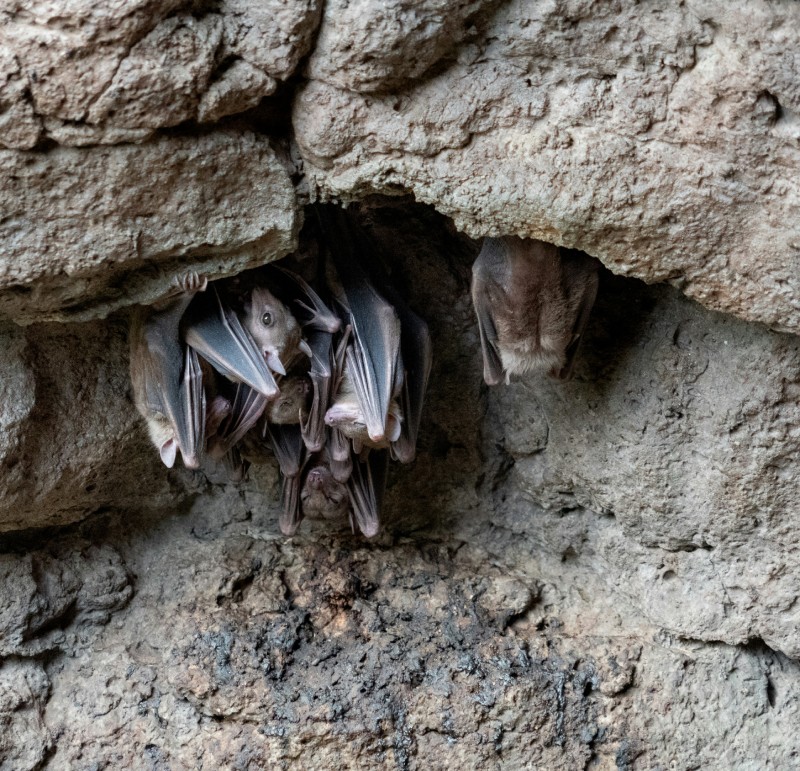Bats are some of the most fascinating creatures of the night. Known for their ability to fly, their diverse diets, and their important roles in ecosystems, bats often leave people wondering about their lifespan. How long do these creatures actually live? Can they really live up to 100 years? Let’s dive into the fascinating world of bat longevity.
Understanding Bat Lifespan
On average, bats live much longer than many people might expect. While most small mammals have short lifespans, bats are an exception. Most bat species live between 5 and 20 years. However, their lifespan can vary greatly depending on the species, environment, and the challenges they face.
Bats have the longest lifespan relative to their size among all mammals. While some species live for just a few years, others can live several decades, making them unique in the animal kingdom. Some of the most common factors affecting bat lifespans include their environment, the availability of food, and natural predators.

Can Bats Live Up to 100 Years
The idea that bats can live up to 100 years is a popular myth, but in reality, no bat species can live this long. The oldest bat on record, a Brandt’s bat (Myotis brandtii), lived to be an impressive 41 years old. While some bats, such as the Little Brown Bat, can live up to 30 years in the wild, living 100 years is simply not within their biological capability.
So, while bats have impressive longevity compared to many other small mammals, the notion of bats living a century is far from the truth.
Factors That Affect Bat Longevity
A bat’s life expectancy depends on a combination of genetic, environmental, and external factors. Here are some of the key factors that influence how long bats live:
- Species. Larger species tend to live longer. For example, the Big Brown Bat can live up to 19 years, while the tiny Little Brown Bat usually lives around 6 to 7 years.
- Predators. Bats are vulnerable to predators such as birds of prey, snakes, and other mammals, which can reduce their lifespan.
- Diseases. Bats are susceptible to diseases like White-nose Syndrome, a fungal infection that has devastated populations, especially in North America.
- Climate and Food Availability. Harsh winters and lack of food can limit a bat’s survival, particularly for species that hibernate.
How Many Days Will Bats Live
While bats can live for many years, there are some situations where a bat’s life expectancy may only span a few days or weeks. This is especially true for young or weakened bats that fail to thrive due to lack of resources. Bat pups, for example, typically survive for just a few weeks if they do not receive care from their mothers.
Additionally, bats that are in poor health or face extreme environmental conditions may have significantly shorter lifespans, sometimes only lasting a few days before succumbing to the elements or disease.
Longevity Across Different Bat Species
The lifespan of a bat can vary significantly depending on its species. Here’s a look at how long some common bat species live:
- Little Brown Bat (Myotis lucifugus). Known for their longevity, they can live up to 30 years in the wild, although many die earlier due to predation or disease.
- Big Brown Bat (Eptesicus fuscus). Typically lives between 10 and 19 years, making it one of the longer-living bat species.
- Vampire Bat (Desmodus rotundus). While famous for its feeding habits, the vampire bat has a shorter lifespan, averaging around 9 years in the wild.
- Brandt’s Bat (Myotis brandtii). Holds the record for the oldest bat, living up to 41 years.
How Long Do Bats Live in the Wild vs. Captivity
Bats generally live longer in captivity than in the wild. This is because they are protected from predators, have consistent access to food, and receive medical care when needed. In fact, some bats in zoos or wildlife sanctuaries have been known to live into their 30s, which is quite impressive compared to their wild counterparts.
However, it is important to note that keeping bats in captivity is challenging. They are highly social and require specific environments to thrive, which can make their care in a controlled setting complex.

Bats are remarkable creatures with lifespans that vary greatly depending on the species and environment. While the idea of bats living up to 100 years is a myth, they can still live for decades. The oldest bats on record live well into their 30s and even 40s, which is impressive for such small mammals.
To ensure that bats live long, healthy lives, it’s important to protect their natural habitats and address the dangers they face from disease, climate change, and human activity. With the right conditions, bats can continue to be vital members of our ecosystems for many years to come.




